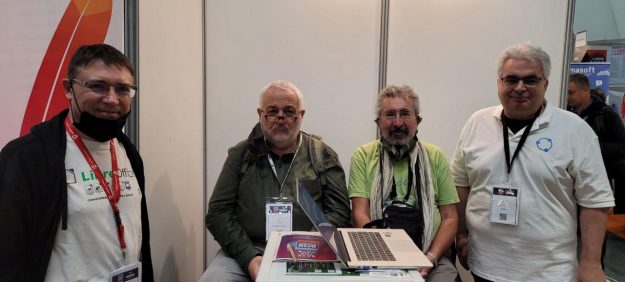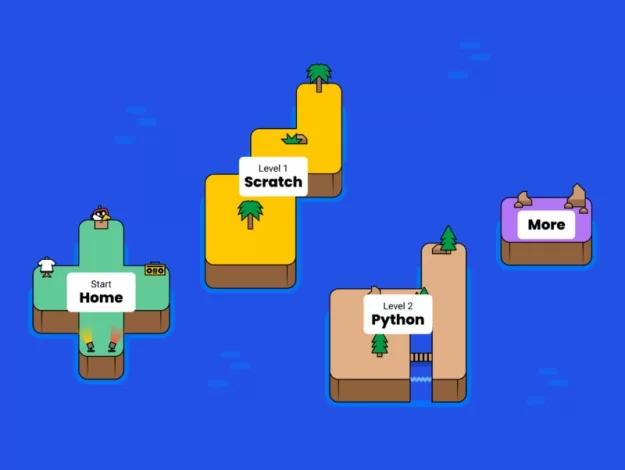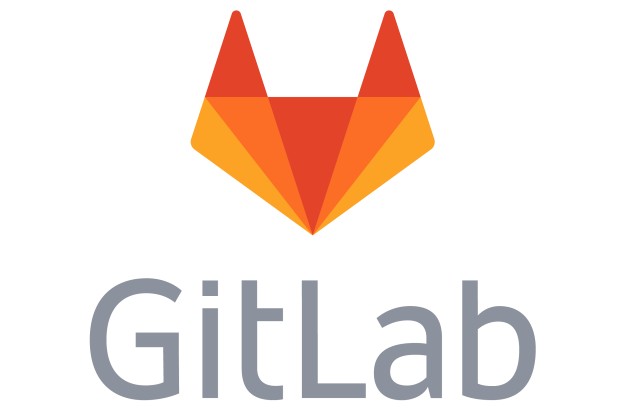The EU and many of its member states are highly supportive of open source software. France takes that to new levels.
Posts published in “News”
The Raspberry Pi Foundations latest project, Code Club World, turns learning to code into fun games and challenges.
"2021 State of the Onion" will be online on November 17 and will be available for viewing on Tor's YouTube, Facebook, and Twitter accounts.
Today’s online Community Planning Day for the event will take place between 2 pm-4 EST pm (11 am-1 pm PST) using the #dbd channel on…
Two new members and two incumbents have been elected to join three continuing members on the Kubernetes Steering Committee.
System76's CEO told FOSS Force that the company is in the early stages of putting a desktop project together, and cited 2023 as a potential release date.
The online event is free-to-attend, although those living on the West Coast might find the start time to be a little early.
The exploit, patched since April, only affects customers running on-premises versions of GitLab and doesn't affect GitLab.com.
Free end-to-end encrypted email for open source devs at projects that have been around for at least a month.
We look back on 2019 using our 2020 hindsight at some of the important happenings during the last year in the world of Linux and open source.









